People don't pay enough attention to pears and other fruits. Some people call the fruit the "ugly step-sister" of the apple, but it has almost all of the same vitamins and minerals as the apple. A pear is a soft, sweet fruit with a tough core. It has a lot of fibre, phytonutrients (compounds found in plants), and antioxidants. A pear is a fruit that has all the nutrients you need in a 100-calorie, cholesterol-free, fat-free package.
The best time to eat this fruit is after it has fallen off the tree. Because of this, harvesting needs to be done with extra care. Pears aren't like other fruits in that they ripen from the inside out. This is why many people think it's not ripe or doesn't taste good. So, if you want to taste the real taste of a pear, it is very important to choose the right one from the market. Doctors say that people with diabetes and heart problems should eat pears.
Table of Contents
What are pears?
Pears are sweet fruits that look like bells and have been eaten for a long time. You can eat them hard or soft. Pears are a very tasty fruit that grow on shrubs in the Rosaceae family. Pears are well-known for their round shapes and sweet, juicy taste. Some pears look like bells, while others are completely round and have no neck.
Depending on how ripe they are, pears can be different colours, from bright green to tan red to sunset yellow. The texture of pear's skin is strange, but some pears have smooth skin. They taste good and science shows that they are good for you in many ways.
Pear plant description:
Pears are fruits that come from the tree with the same name. There are more than 3,000 kinds of pears. China makes the most pears, more than 65% of all the pears that are sold.
Pears can be light green, yellow, or even a light red colour. They're bigger at the bottom and get smaller as you go up. They have a sweet taste with a hint of acid and a strong smell. It has a slightly grainy, crunchy, and juicy texture. Pears have a few small seeds on the inside.
Pears for weight loss:
Pears can be a big part of your plan to lose weight. First of all, pears have a lot of fibre, which makes you feel full for a longer time. This will keep you from eating at weird times. Pears are also low in calories and one of the few fruits that are.
You can keep track of how many calories you eat when you eat pears. On the other hand, the fruit has a lot of water, which makes it big but low in calories. Last but not least, pears help your body digest food well, which is important for losing weight in a healthy way. It helps get rid of a clogged bowel. And we know that a healthy digestive system helps people lose weight in a healthy way. Due to all of these things, pears are a great fruit for weight loss.
Health benefits of pears:
- Good for skin:
It helps your skin, hair, and nails stay healthy and beautiful. Pears have a lot of vitamin A, which can help keep your skin and hair in good shape. It is also full of nutrients like zeaxanthin and lutein, which help organs work and enzymes do their jobs. This also keeps the skin looking young because it helps get rid of age spots and wrinkles. If you want your skin and hair to be healthy, you should eat more vitamin A. One fruit that has a lot of this mineral is the pear, which helps you get the amount you need every day.
- Helps to reduce swelling:
Pears contain a lot of flavonoids and antioxidants. Researchers have found that pears have anti-inflammatory properties that help reduce swelling and pain caused by inflammation. People with gout, arthritis, and other rheumatic conditions should eat pears to ease their symptoms and keep them from getting worse, which will also improve their quality of life. Several studies have also shown that inflammation is linked to metabolic diseases like diabetes, heart disease, and even cancer. Pears are also full of nutrients that help fight inflammation, like vitamin C and vitamin K.
- Improves blood circulation:
As they are high in iron and copper, pears can be very helpful for people with mineral deficiencies like anaemia and others. Red blood cells are made faster when there is more iron in the body. On the other hand, when there is more copper in the body, it makes it easier for the body to make essential minerals and absorb iron.
When your body has enough minerals to support your organs, you can avoid things like muscle weakness, brain fog, tiredness, and organ system problems. This is why doctors tell both kids and adults to eat foods with enough copper and iron. With pears, you can make sure you get a good amount of these important minerals.
- Helps the body to heal:
Pears are full of vitamin C and can help heal wounds because of this. Ascorbic acid helps the body build new cell structures and tissues in its different organs. So, when a burn or cut happens, it makes sure that the wound heals quickly. If you are hurt, eating pears can help you get better quickly.
- Boosts heart health:
Several studies and reports have been written about the effects of pears on heart health. These studies show that pears are one of the fruits that make you less likely to have a stroke. Since pears are high in potassium, this means that they have a big effect on the health of the heart. Potassium is a very good vasodilator, which means it helps open up blood vessels and lowers blood pressure. This makes the blood flow faster in all parts of the body, which helps organs get more oxygen. This gives the organs more oxygen, which helps them work well. If you have heart problems or want to keep them from happening, you should eat pears every day. Also, pears are good for your heart because they have a lot of fibre.
- Boosts immunity
Pears are full of minerals and vitamin C, which are great antioxidants. White blood cells are very important to the immune system, and antioxidants help to make more of them. In the end, this makes your immune system stronger and helps your body fight off things like the flu, a cold, an upset stomach, and more. Also, antioxidants keep free radicals from doing any damage because they can get rid of them.
-
Anti-cancer:
Anti-cancer: Antioxidants are known for their anti-carcinogenic effects, which have been linked to cancer prevention. Some studies show that phytonutrients in pears, like flavonoids and cinnamic acids, help lower the risk of cancer. The way antioxidants work is that they get rid of free radicals in the body. This makes room for new, healthy cells to grow.
- Eating pears can lower the chance of getting diabetes:
There are many kinds of pears that can be grown. People know that the red types of pears can help lower the risk of getting diabetes. A fruit with a lot of anthocyanins, like a pear, is directly linked to diabetes. During a study, it was found that type-2 diabetes was 23% less likely to happen to more than 200,000 people who ate five or more servings of red pears every week.
On the other hand, a lab experiment showed that the anthocyanins in pear peel help both reduce inflammation and fight diabetes. Pear is also a fruit with a lot of fibre, which slows down digestion and gives your body more time to break down and absorb carbs. So, your blood sugar levels stay in the right range, which may help you control or avoid diabetes.
Best way to store pears:
Keep unripe pears that are still whole out of the fridge. Keep them somewhere cool. Keep it away from heat or direct light. Keep them there for one to three days, until they are ready to eat.
Ripe pears should be kept in the fridge. Don't put them in something that can't be opened. Don't use plastic wrap. They'll last between 5 and 7 days. Pears that have been cut can last for 1 to 3 days.
Pears can last for 10 or 12 months in the freezer.
Cleaning pears
Before you eat or slice an uncut pear, you should always wash it. Even a quick wash can make it less likely that pesticides or other chemicals will get on the food.
Put the pears in water in a bowl. Give them five to ten minutes. Then, run water over them to clean them. Use a kitchen towel to dry them.
Ways to include pears in daily diet:
Use a knife to cut the pear into four pieces. Remove the core, the seeds, and the skin with a knife. Cut the pear into small pieces, and then serve or cook it.
Pears are great in salads or fruit salads because they are raw. Add them to cereal and yoghurt. They can be put on top of ice cream. Make jams, smoothies, and sauces with them. Sliced pears won't turn brown if you squeeze lemon juice over them.
Pears that are just a little bit green are best for cooking. Make tarts, crumbles, or pies with them.
You can grill or fry. Even savoury dishes taste good with pears.
Frequently Asked Questions (FAQ)
Q: How many pears can you eat in one day?
Ans. You can eat one or two pears a day. Like most fruits, pears are high in fructose, which is a type of fruit sugar that can cause digestive problems if you eat too much. So, it's best to stick to one or two per day, as that will give you the right amount of nutrients your body needs.
Q: Can we eat pears when we have a cold or cough?
Ans. Pears are full of vitamin C, which helps us fight off colds and flu by making our immune systems stronger.
Does eating pears make you fart?
Ans. Pears have a lot of fibre, which can make some people feel full and gassy. It's best to eat pears as a mid-meal snack, not with other food, and to chew them well to keep gas from forming.
Q. Are pears good for people with diabetes?
Ans. Yes, pears have a lot of fibre, which slows down digestion and keeps blood sugar stable for longer. Pears also have a lot of anthocyanins, which are known to help control the amount of sugar in the blood.
Q: Are pears healthy for a pregnant woman?
Ans. Pears have a lot of important vitamins, minerals, and fibre that can help a pregnant woman stay healthy.


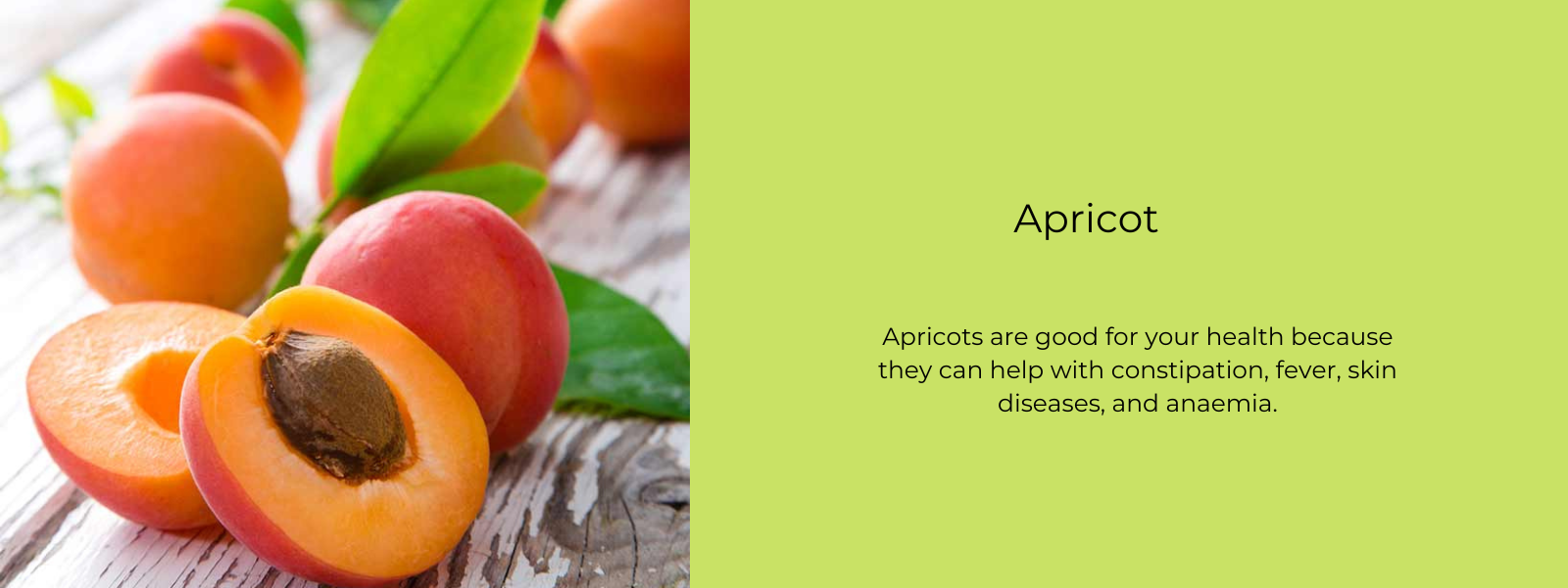
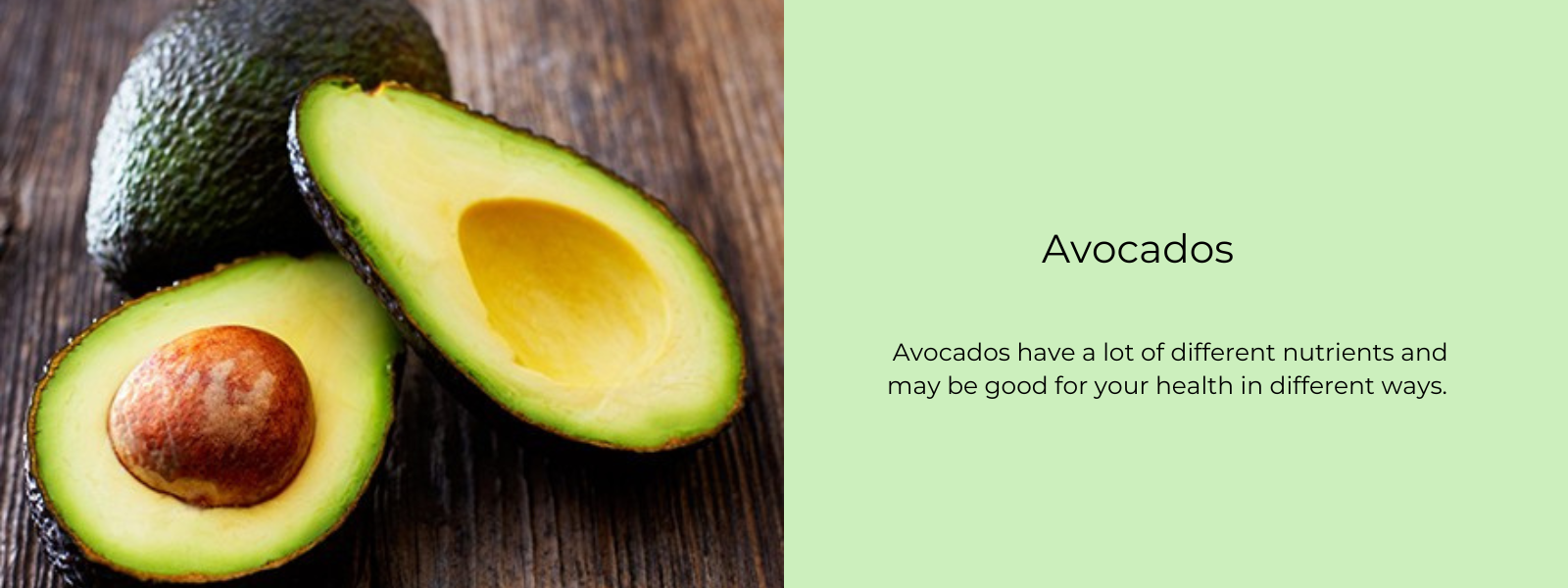
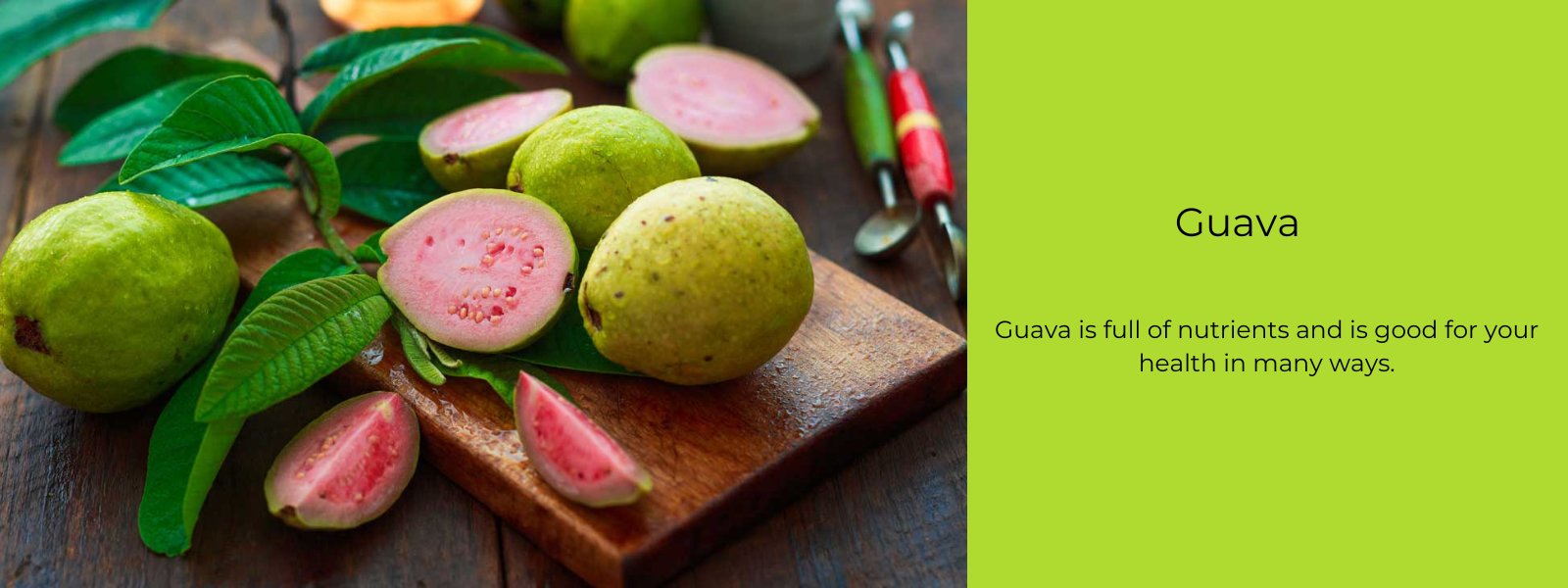
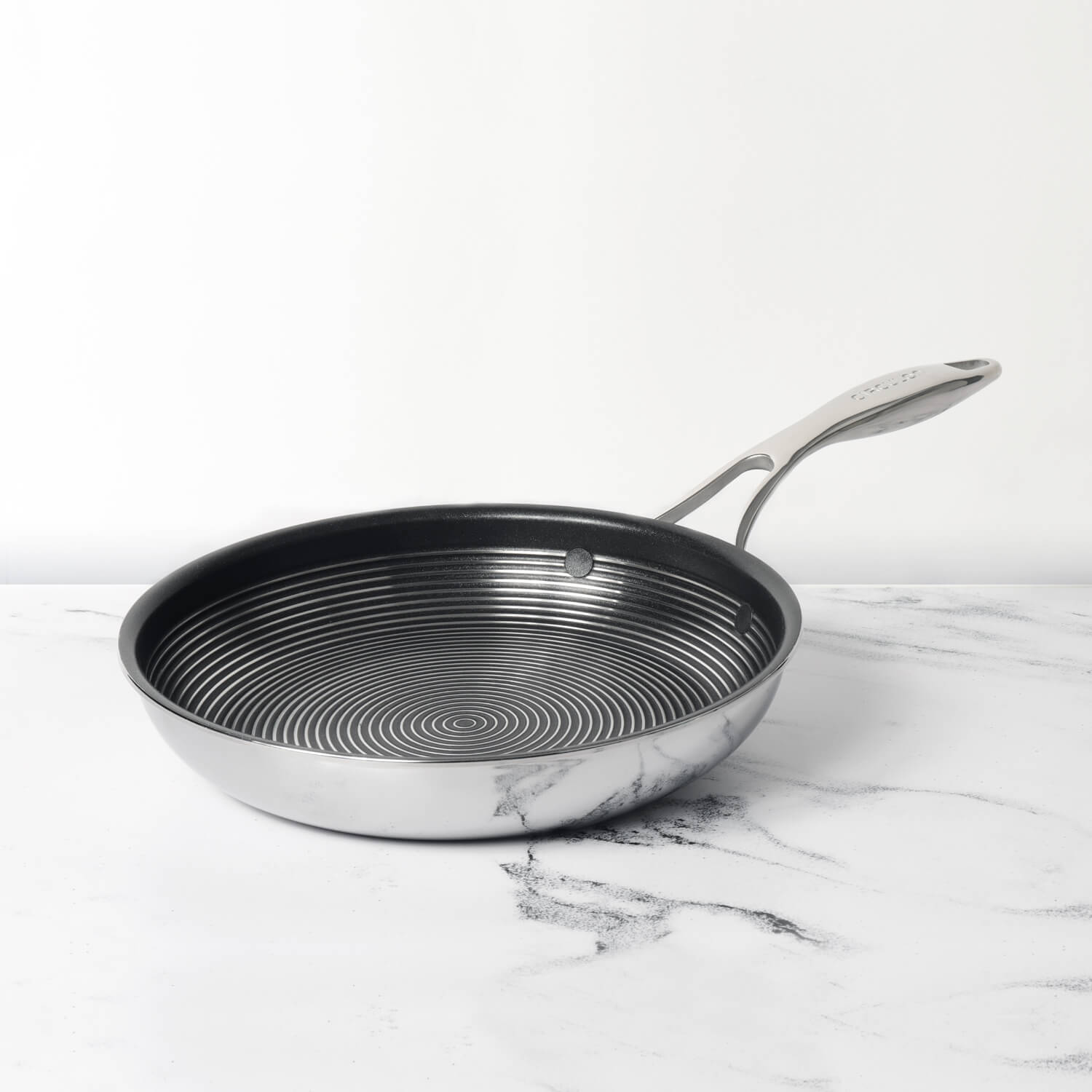
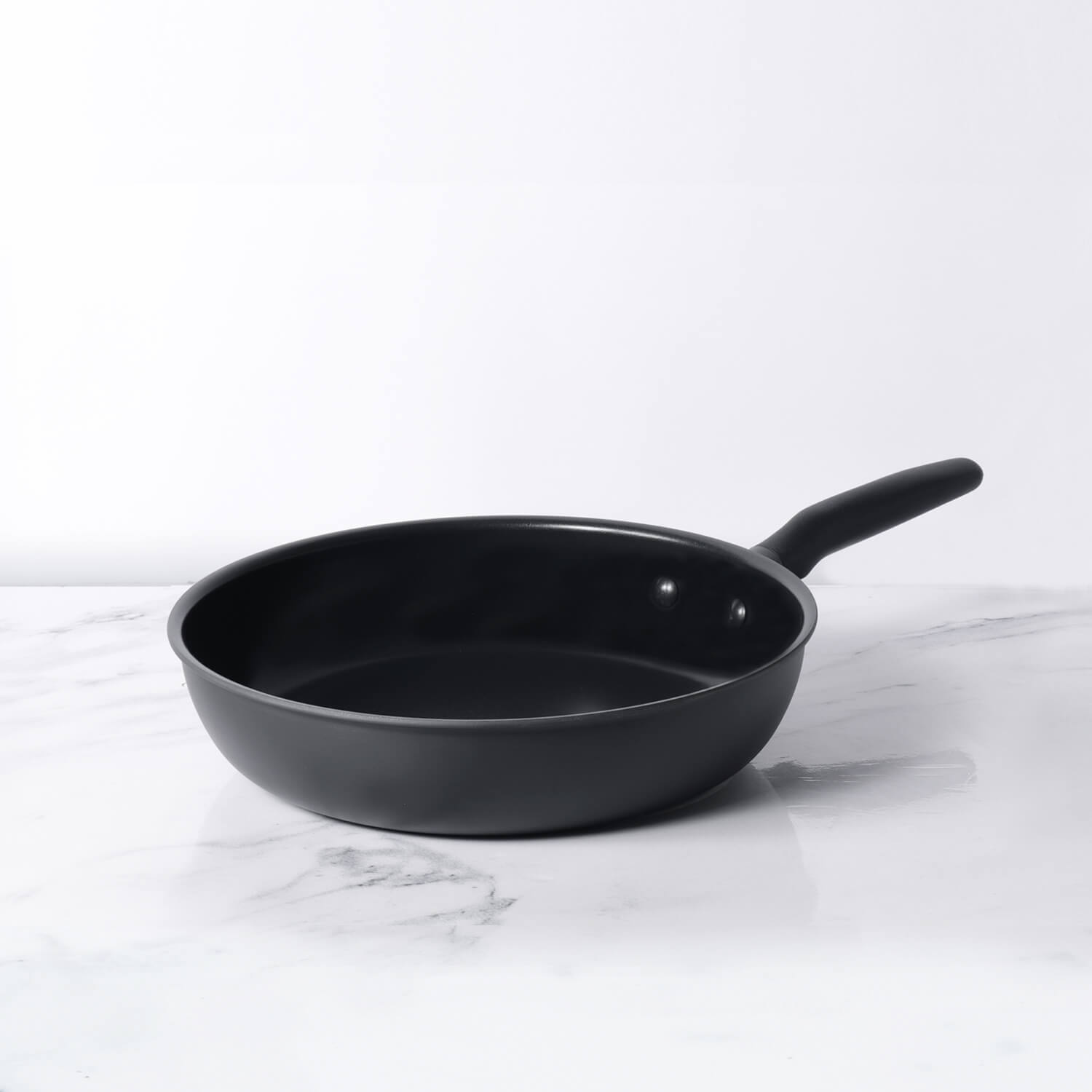




Leave a comment